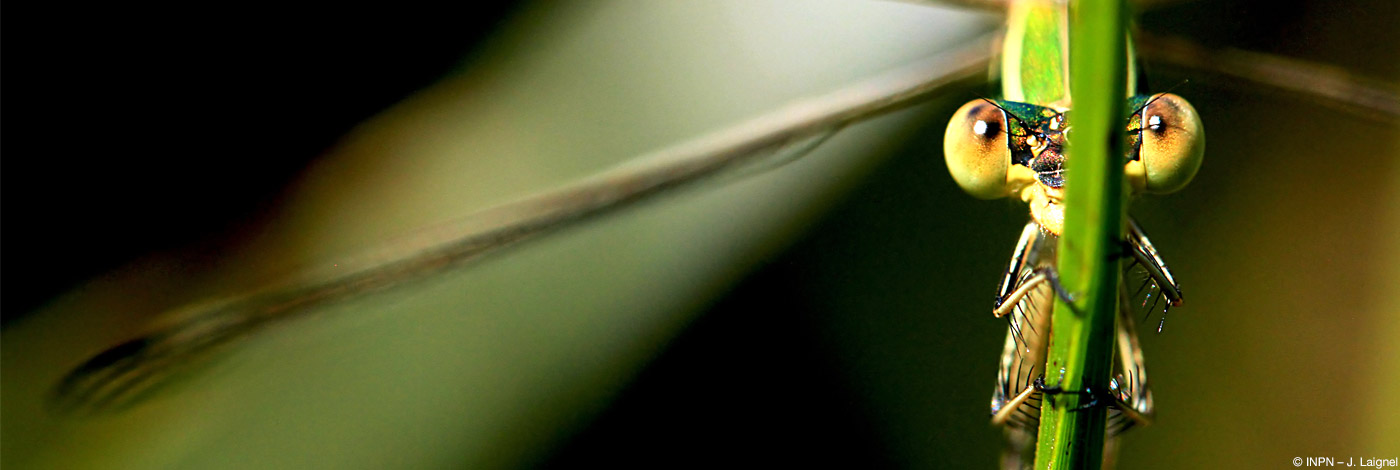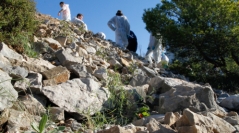

 Naturae
2017 (9) - Pages 1-14
Naturae
2017 (9) - Pages 1-14On the former lead smelting factory of l’Escalette (South-East coast of Marseille, France), recently included in the first peri-urban French national park, the Calanques National Park (PNCal), scientists and stakeholders have been working together since 2008 to develop alternatives to conventional soil remediation techniques. However the particularity of this site is to support a rich biodiversity, shaped by the climate and the anthropic pressure since the Greco-Roman era, now threatened by the pollution of trace metals and metalloids (TMM) linked to the industrial activities of the 19th century. In parallel with a government action to manage industrial wastes (slag) on the coastal zone of the PNCal, the management of the diffuse pollution by ecological engineering tools is explored by scientists and practitioners. Thereby, the aims of this ecological restoration project are the local biodiversity conservation, the optimizisation of the roots and rhizospherics functions reducing TMM transfer, the rehabilitation of soil functions, and more globally, the development of ecotechnologies to restore polluted soils in the Mediterranean context. In a first step, researches focused on the characterization of soil pollution and ecosystem contamination (i.e. calcareous shrublands and grasslands), in order to select the most tolerant native plants to be used as pioneer species. The results obtained highlighted a high heterogeneity in the soil contamination. Observations of soil-plant-microorganism interactions led to the development of ecological engineering tools to optimize phytostabilization potential of native plant communities. Moreover, the growth of native plants should improve the soil quality by reducing erosion and pollutant (TMM) availability. Thus, we aimed at developing ecological engineering tools, based on the use of engineer species such as the legume Coronilla juncea L., expected to promote the resilience of soil and plant community. A local agricultural high-school (LPA) has also been invested in the project since 2013 to allow the multiplication of the targeted native plants, consequently providing an expertise in agroecology. Since September 2015, the first ecological restoration field trials were being performed by academics, practitioners and stakeholders, always under of approval of the PNCal Charter.
Coronilla juncea L., ecotechnologies, ecological engineering, Mediterranean, metal and metalloids, phytostabilization, native species, polluted soils